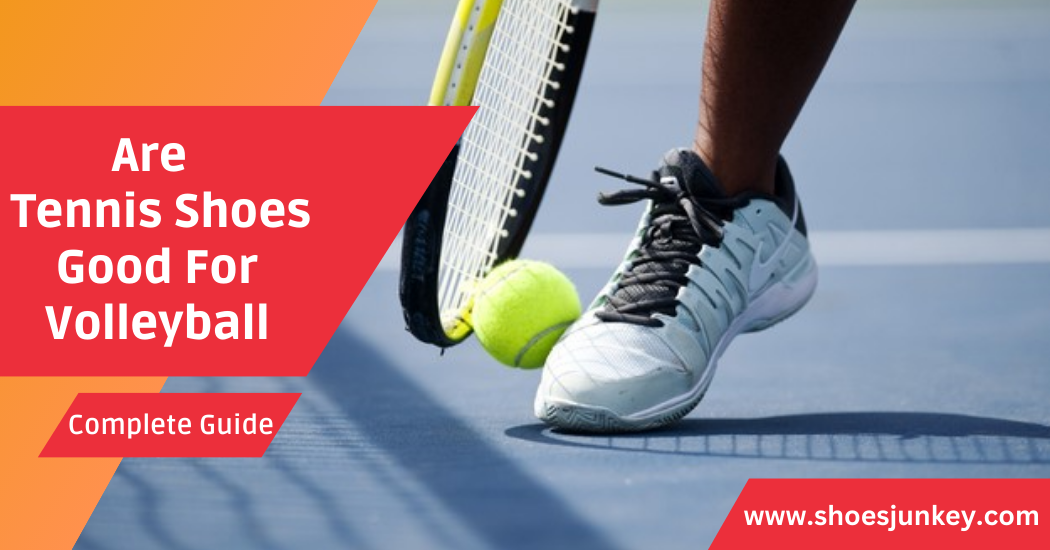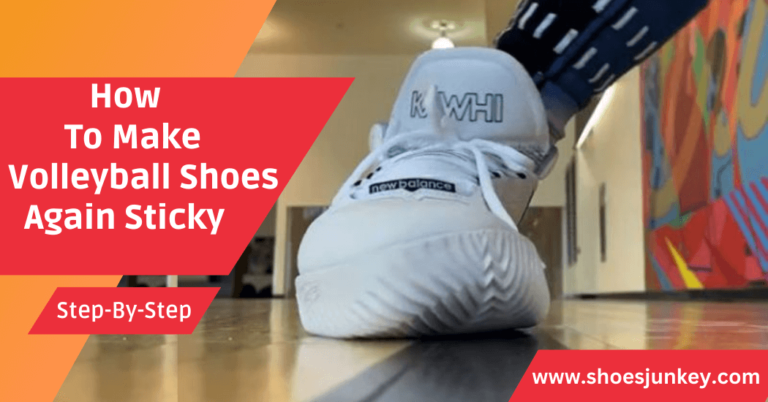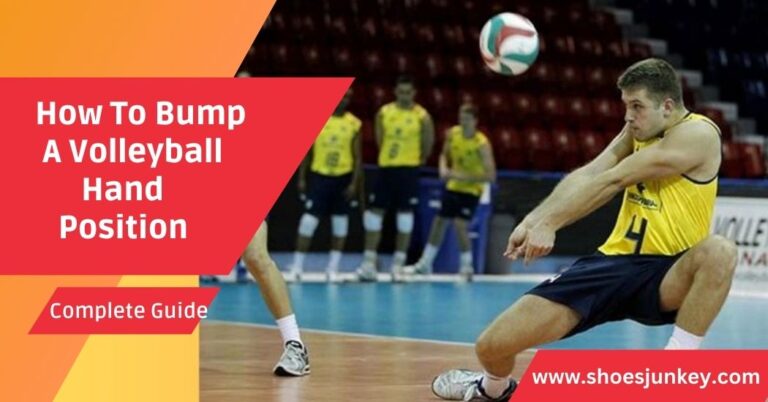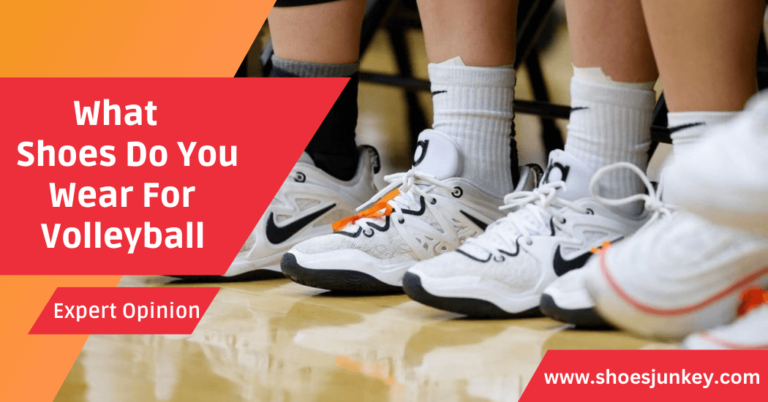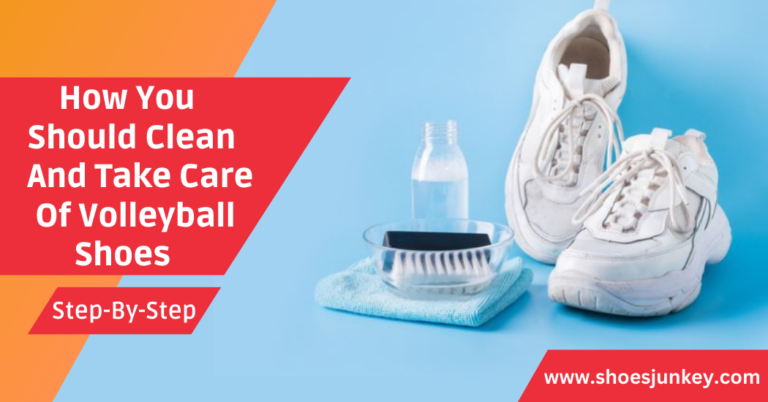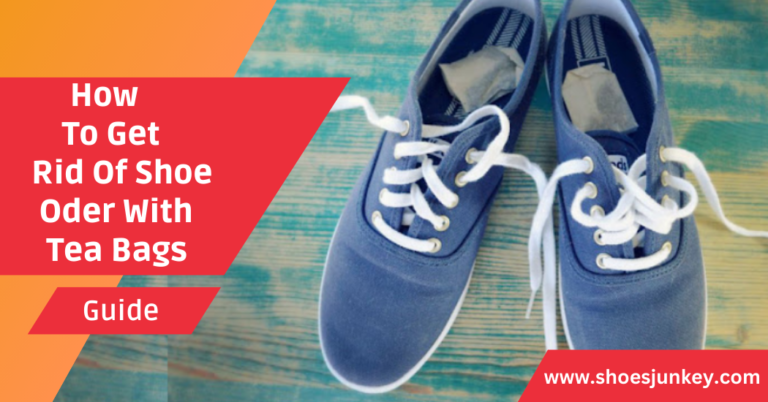Are Tennis Shoes Good For Volleyball?
When engaging in sports, appropriate footwear plays a crucial role in performance, comfort and injury prevention. Depending on the type of player – indoor or beach court – and the type of shoe, telling whether they are good for volleyball is hard to definitively answer.
This article explores the suitability of tennis shoes for playing volleyball by examining various features of the shoes, the characteristics of volleyball and insights from players and professionals.
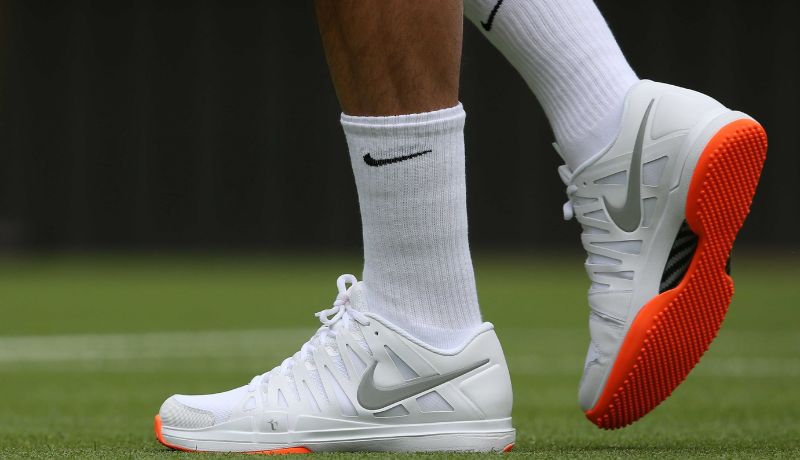
Are Tennis Shoes Good for Volleyball?
While tennis shoes and volleyball shoes appear similar, their design and functionality differ significantly in response to the unique demands of each sport. Tennis shoes are designed for lateral movements and sudden changes in direction, common in tennis matches. They typically come with a herringbone pattern on the sole, which enhances traction and flexibility on the tennis court.
On the other hand, volleyball involves more vertical movements such as jumping and blocking. Volleyball shoes are therefore designed with a gum rubber sole for better grip on indoor courts and are typically lighter with more cushioning in the forefoot area to absorb the impact of frequent jumps. While tennis shoes can be used for casual volleyball games, for competitive play or regular practice, investing in a pair of shoes specifically designed for volleyball could potentially enhance performance and reduce the risk of injuries.
Key Differences Between Tennis and Volleyball Shoes
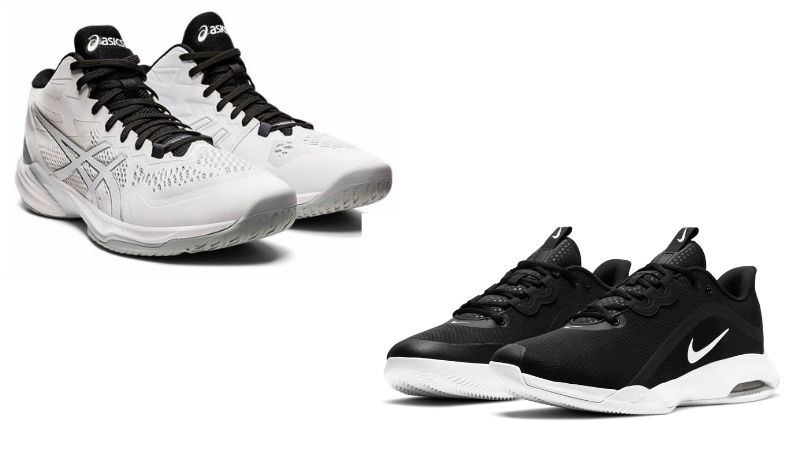
Tennis Shoes
- Weight: Tennis shoes are typically lightweight, allowing for ease of movement on the court.
- Grip: Tennis shoes have a herringbone pattern on their soles, providing excellent grip on hard courts.
- Sole design: Tennis shoes are designed for multi-directional movements which include side-to-side movements as well as rapid changes in direction.
- Impact absorption: These shoes often have good cushioning and shock absorption, which aids in injury prevention and comfort.
Volleyball Shoes
- Specialized design: Volleyball shoes are designed specifically to cater to the unique demands of the sport, such as quick lateral movements, jumping and landing.
- Injury prevention: Volleyball shoes provide greater ankle support, reducing the risk of injuries like ankle sprains.
- Performance optimization: Volleyball shoes are designed for maximum grip on indoor court surfaces, providing enhanced stability and agility. They also tend to have better shock absorption, which helps minimize the impact on joints during play.
The Case for Using Tennis Shoes in Volleyball
- Versatility: Tennis shoes are designed for multi-directional movements, which can benefit volleyball players given the nature of the sport.
- Durability: Tennis shoes are built to withstand abrasive court surfaces, potentially lasting longer on the volleyball court.
- Cost Considerations: Using one pair of shoes for multiple sports might be more cost-effective.
- Comfort: Tennis shoes often have excellent cushioning and are designed for prolonged use, which can offer volleyball players an added level of comfort during long training sessions or matches.
- Adaptability: For casual or beginner players who are not yet committed to specialized footwear, tennis shoes can provide a good balance of grip, flexibility and support suitable for various types of court surfaces, including those used in volleyball.
The Case for Using Volleyball Shoes in Volleyball
- Specialized Design: Volleyball shoes are specifically engineered to meet the demands of the sport, including quick lateral movements and shock absorption.
- Injury Prevention: Volleyball shoes can help prevent common injuries in the sport such as ankle sprains.
- Performance Optimization: The specific design elements of volleyball shoes contribute to enhanced performance.
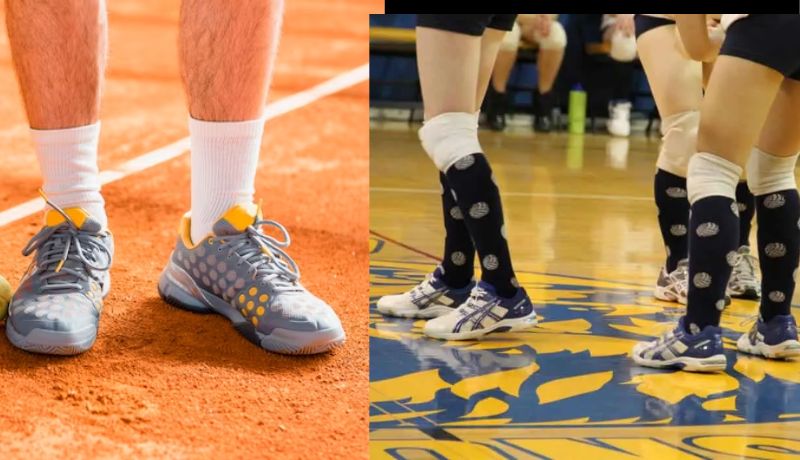
Expert Opinions and Some Research Findings
Many sports footwear experts emphasize the importance of sport-specific shoes. For example, podiatrist Dr. Priya Parthasarathy points out that sport-specific shoes are designed to protect against the types of movements and impacts inherent to that particular sport. In the context of volleyball, this includes rapid lateral movements and frequent jumping and landing, for which volleyball shoes have specific design features.
A study conducted by the American College of Sports Medicine underscores this point. According to their research, wearing sport-specific footwear can significantly reduce the risk of lower extremity injuries. In the case of volleyball, players wearing volleyball shoes had a lower incidence of ankle sprains compared to those wearing non-specific athletic shoes.
Conversely, tennis coaches and former professional players like Brad Gilbert argue that the sturdy construction and multi-directional support of tennis shoes make them a viable option for volleyball, especially at the recreational level. However, they emphasize that for competitive play, sport-specific shoes are still the best choice.
In a survey conducted by the International Journal of Sports Physiology and Performance, volleyball players reported feeling more stable and agile in volleyball-specific shoes due to their enhanced grip and lightweight design. They also reported fewer instances of discomfort or injury when wearing volleyball shoes as compared to when they wore tennis shoes.
Selecting the Right Footwear for Optimal Performance
When it comes to selecting the right footwear for optimal performance in volleyball, a number of factors come into play.
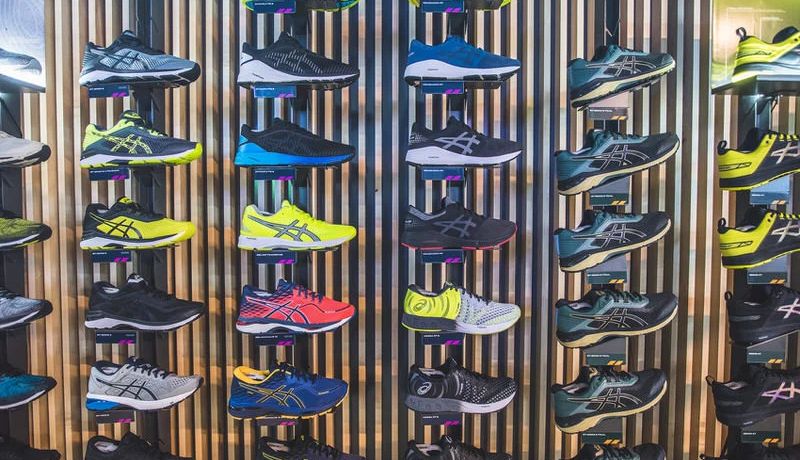
Consider Level of Play
First and foremost, consider the level of play. For casual or recreational players, tennis shoes could suffice given their general durability and multidirectional support. However, for competitive or professional players, volleyball-specific shoes are recommended for their superior grip on indoor court surfaces, shock absorption features and ankle support.
Comfort and Fit
Comfort and fit are also critical considerations. Shoes that fit well and are comfortable can prevent blisters and other discomforts and allow players to focus on the game. Always try on shoes with the same kind of socks you plan to wear during play and make sure there is enough space for your toes to move freely.
material used in Shoe
Lastly, consider the material and construction of the shoe. Shoes with a gum rubber sole are preferred for indoor volleyball for their excellent grip, while a more durable sole may be needed for outdoor play. The material of the shoe should also be breathable to keep the foot cool during intense play.
Final Thoughts:
All in all, tennis shoes can be a great addition to a volleyball player’s gear if the right considerations are made. Fortunately, with modern technology and design, players can pick out the best shoe based on their own style of play, needs, and personal physician advice if needed. No matter what type of shoe you decide to rock during practice or match time, it’s important that it offers the needed comfort and stability your feet need while playing on a different surface like court.
It’s worth taking some time to review several options for the best fit possible so that you can hit your Auckland goal-setting net-high performance level with ease! As always, stay safe out there and have fun!

